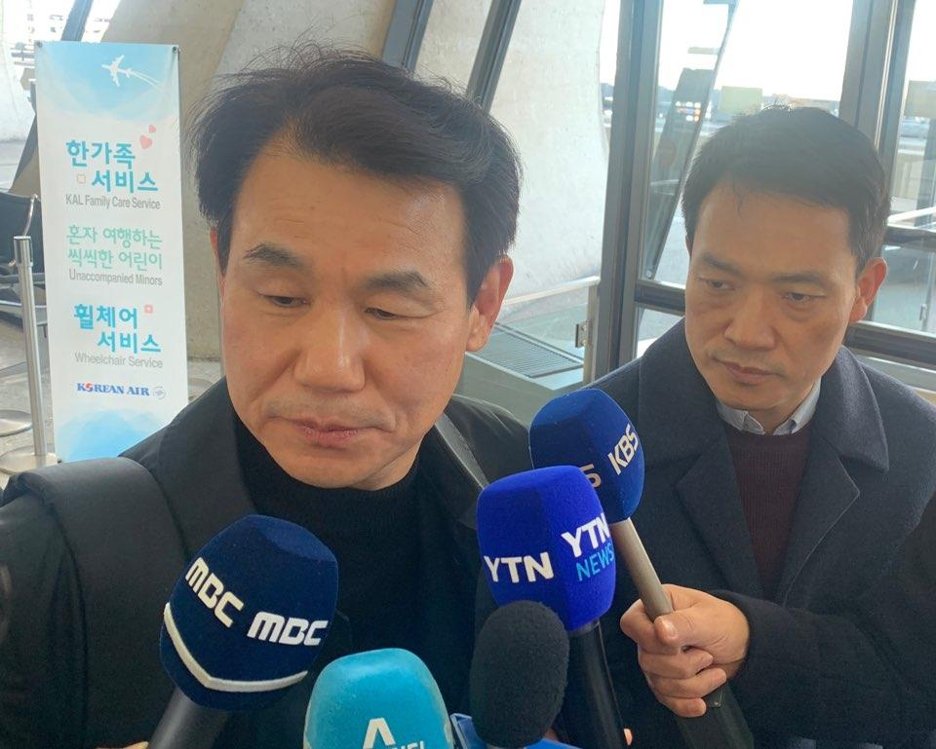- California Assembly OKs highest minimum wage in nation
- S. Korea unveils first graphic cigarette warnings
- US joins with South Korea, Japan in bid to deter North Korea
- LPGA golfer Chun In-gee finally back in action
- S. Korea won’t be top seed in final World Cup qualification round
- US men’s soccer misses 2nd straight Olympics
- US back on track in qualifying with 4-0 win over Guatemala
- High-intensity workout injuries spawn cottage industry
- CDC expands range of Zika mosquitoes into parts of Northeast
- Who knew? ‘The Walking Dead’ is helping families connect
Defense cost-sharing talks fail to yield concrete result amid U.S. demand for hefty rise: Seoul negotiator
South Korea’s top negotiator in defense cost-sharing talks with the United States has said the allies have failed to produce a concrete result in this week’s negotiations as Washington’s demand for a sharp increase in Seoul’s share remains unchanged.
Jeong Eun-bo made the remarks Thursday following the fourth round of talks in Washington on Tuesday and Wednesday over how to share the cost of stationing the 28,500-strong U.S. Forces Korea under the cost-sharing accord, called the Special Measures Agreement (SMA).
“At this point, we are in a situation where we need to continue to narrow our differences. It is not that we have reached a concrete result,” Jeong told reporters at Dulles International Airport.
“It is right to say that the U.S. maintains its position,” he added.

Jeong Eun-bo, South Korea’s top negotiator in defense cost-sharing talks with the United States, speaks to the press at Dulles International Airport, just outside Washington, on Dec. 5, 2019. (Yonhap)
The U.S. has reportedly demanded a fivefold increase in Seoul’s financial contributions to US$5 billion next year to cover expenditures related to the allies’ combined military exercises and support for the USFK troops’ families.
Under this year’s SMA, which is set to expire at the end of the year, Seoul agreed to pay about $870 million.
Jeong reiterated Seoul’s position that the negotiations should proceed strictly within the SMA framework, which calls for Seoul to pay partial costs for South Korean employees in USFK installations, the construction of some military facilities and logistical support.
Asked whether it would be difficult to strike a deal before the end of the year, Jeong simply said, “We will try hard to conclude the negotiations by the year’s end.”
After the two-day negotiations, Jeong agreed to meet with his U.S. counterpart James DeHart again in Seoul this month to continue the negotiations.











